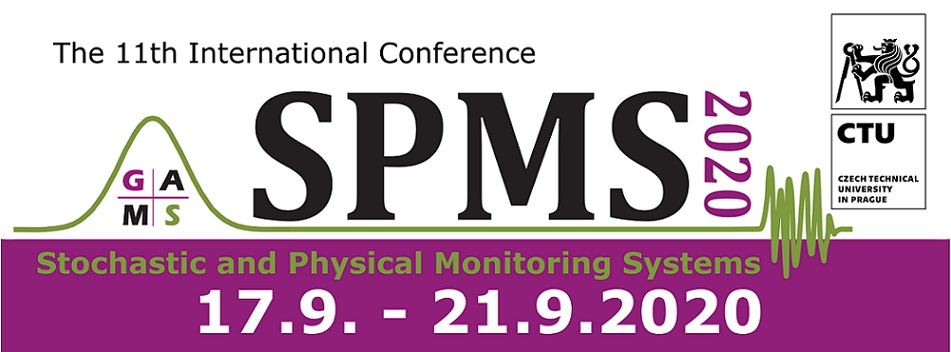The Julia language: A fresh approach to technical computing
In today's world of scientific computing, the most used programming languages are Python, Matlab, and R. These languages are easy to use because one can only focus on developing a new method or algorithm without having to deal with things like types of variables or memory allocation. On the other hand, code implemented in pure Python, for example, is far from optimal. For this reason, most of all libraries used in these three languages are in fact written in C. If the functionality provided by external libraries is sufficient, this is not a problem. In many cases, however, we want to write new methods and we also want to get high performance. Then we have to use some tricks like vectorization in Matlab or automatic generation of C code in Python. Another way (a typical scenario in large companies) is to use one of these languages for development only and then re-implement the final product in C. But there is another way called Julia.
Julia is a relatively new programming language designed for technical computing. The main goal of the authors was to create a language as easy to use as Matlab, Python, or R, but also as fast as C. The aim of the workshop led by Václav Mácha is to introduce the basics of Julia and some more advanced concepts.
